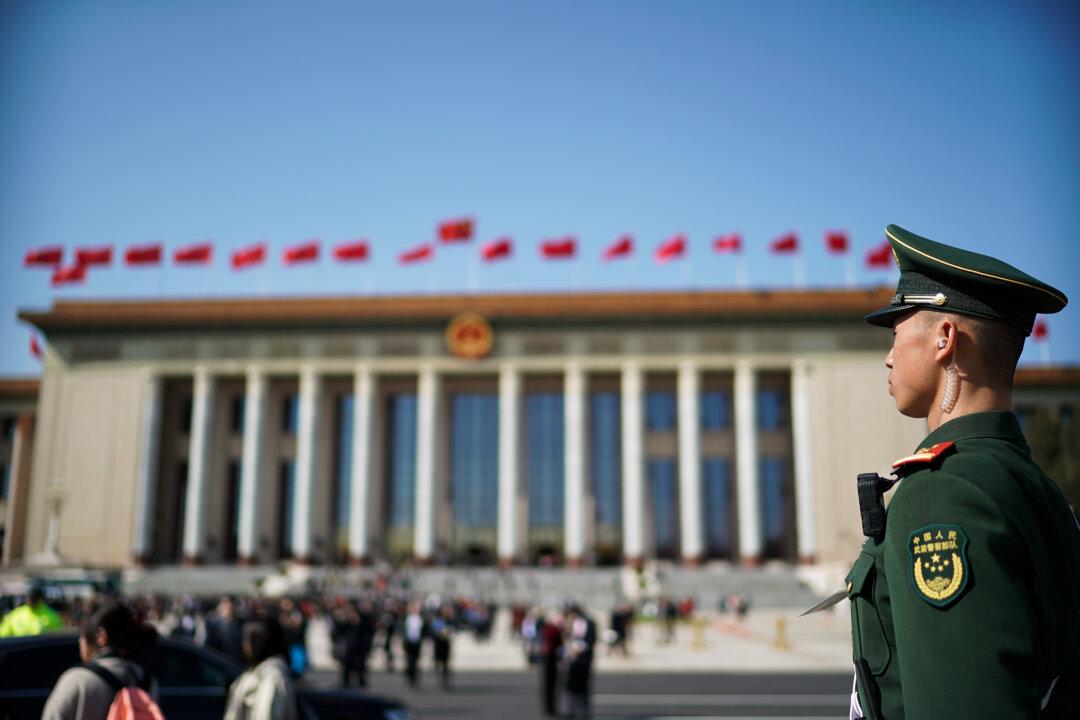Commentary
The Chinese economy is slowing. Whether we accept the official data that China will “slow” to 5 percent growth in 2023 or look to unofficial data about the state of affairs, all agree the Chinese economy is hurting.

The Chinese economy is slowing. Whether we accept the official data that China will “slow” to 5 percent growth in 2023 or look to unofficial data about the state of affairs, all agree the Chinese economy is hurting.